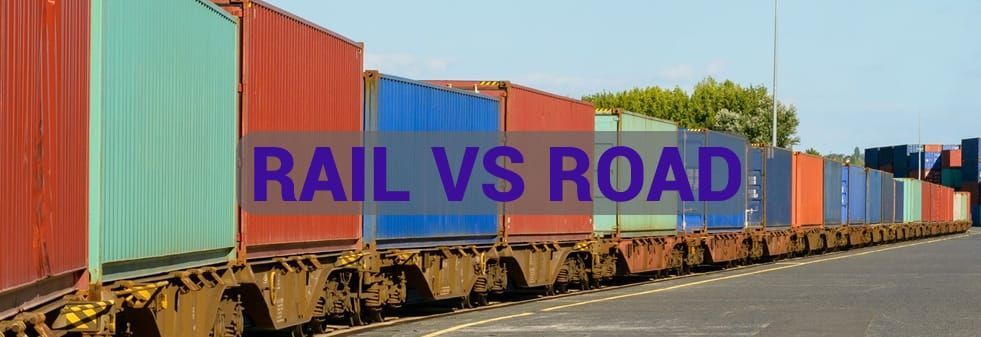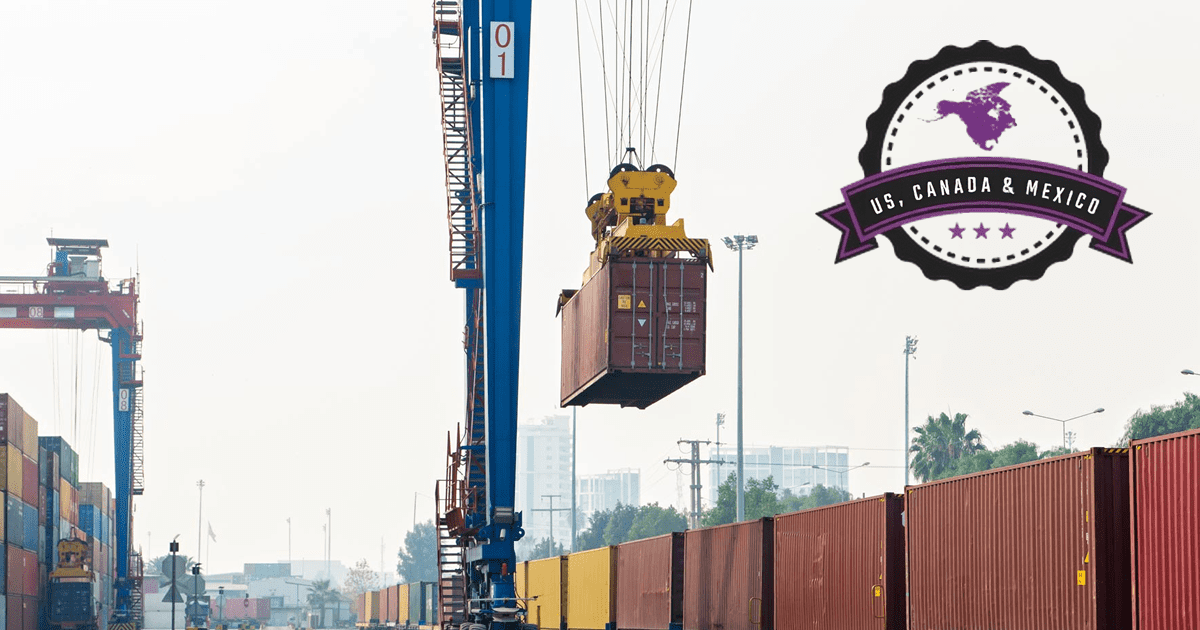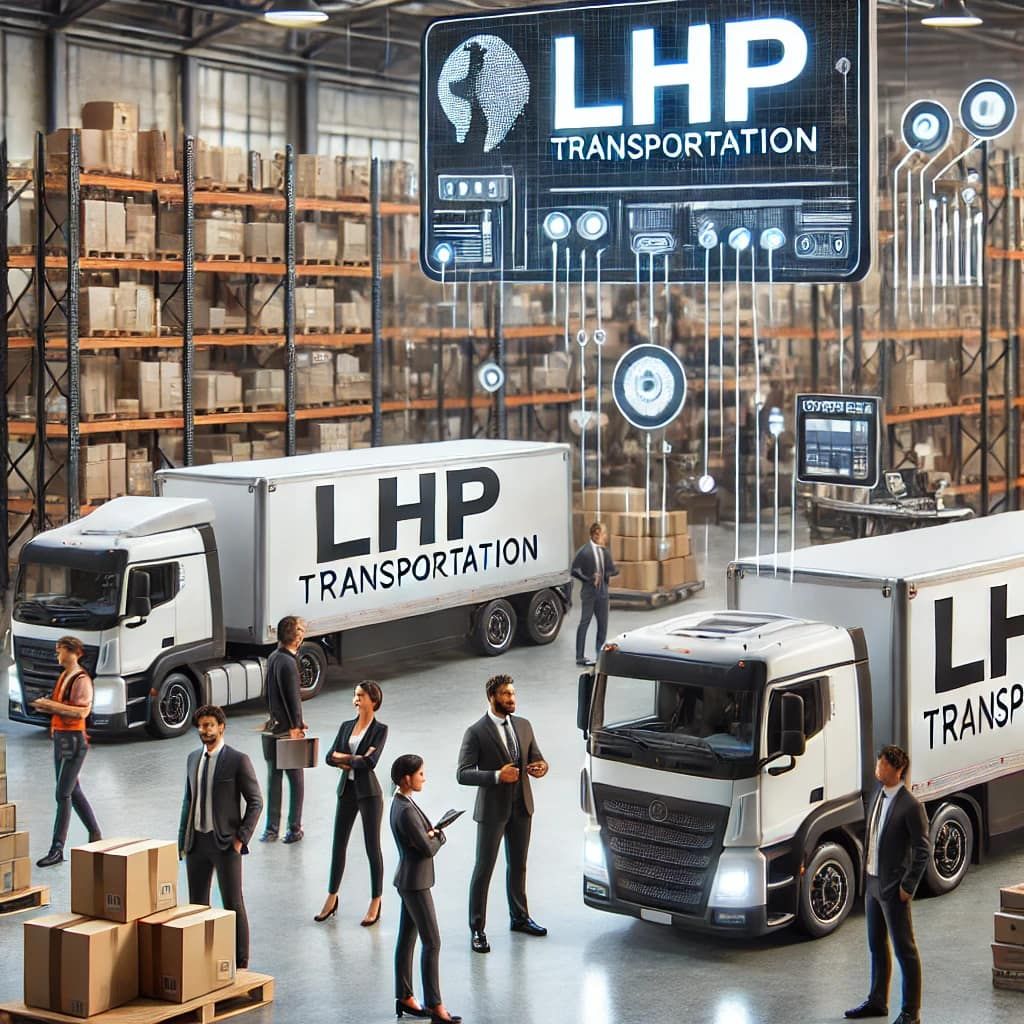The Benefits of Intermodal Shipping Versus Truckload

In today’s fast-paced global economy, efficient and sustainable transportation is crucial. Two primary modes dominate freight transportation: intermodal and truckload shipping. Both have their place in the supply chain landscape, but when comparing the two, it’s evident that intermodal shipping often outshines truckload shipping in various aspects. Here are the benefits of choosing intermodal over truckload:
1. Environmental Sustainability
- Lower Emissions: Trains are more fuel-efficient than trucks. According to the Association of American Railroads, trains can move one ton of freight approximately 470 miles on just one gallon of fuel. This efficiency leads to a reduction in greenhouse gas emissions.
- Reduced Roadway Congestion: By moving goods via rail, we can alleviate the stress on our highways, reducing traffic congestion and the environmental toll of idling vehicles.
2. Cost-Efficiency
- Fuel Savings: As fuel prices fluctuate, the efficiency of rail transport can lead to significant cost savings. The reduced fuel consumption inherent in intermodal shipping translates directly to lower costs.
- Volume and Weight: Trains can handle a larger volume of goods, and they’re particularly well-suited for heavy or oversized cargo. This means fewer shipments and, consequently, reduced costs.
3. Safety and Security
- Reduced Road Accidents: Trucks have a higher incidence rate of accidents compared to trains. By moving more cargo via rail, the potential for roadway accidents decreases.
- Enhanced Cargo Security: Railroads often employ advanced security measures, including electronic seals and satellite tracking, ensuring goods are securely transported from origin to destination.
4. Flexibility and Scalability
- Adaptable to Volume Changes: Intermodal services are easily scalable, allowing businesses to adjust to changes in shipment volumes without the need to invest in additional assets.
- Broad Network: With extensive rail networks and partnerships with trucking companies for the first and last mile, intermodal shipping offers a broad reach, ensuring goods can be delivered to almost any location.
5. Reduced Wear and Tear on Infrastructure
- Longevity of Roads: Trucks exert a lot of pressure on roadways, leading to faster degradation. Relying more on intermodal shipping can extend the lifespan of our road infrastructure, leading to long-term public savings.
- Decreased Maintenance Costs: Less road maintenance means reduced public expenditure on infrastructure repairs.
6. Efficient Use of Resources
- Optimized Loads: Intermodal containers can be filled to maximum capacity, optimizing the space and ensuring that shipments are as efficient as possible.
- Reduced Equipment Investment: Companies that choose intermodal don’t need to invest heavily in their own fleet of trucks. This can be a significant cost saving in terms of both money and time.
Conclusion
While truckload shipping still has its place, especially for shorter distances or areas not serviced by rail, intermodal shipping offers numerous advantages that businesses can’t ignore. From environmental benefits to cost savings and safety, intermodal is an attractive option for modern supply chains. As technology continues to evolve and our world places more emphasis on sustainability and efficiency, intermodal shipping is poised to play an even more significant role in global commerce.






